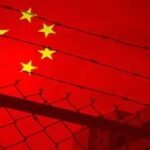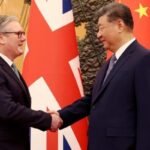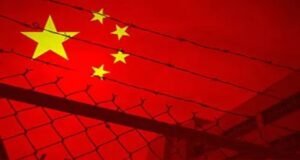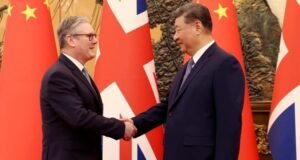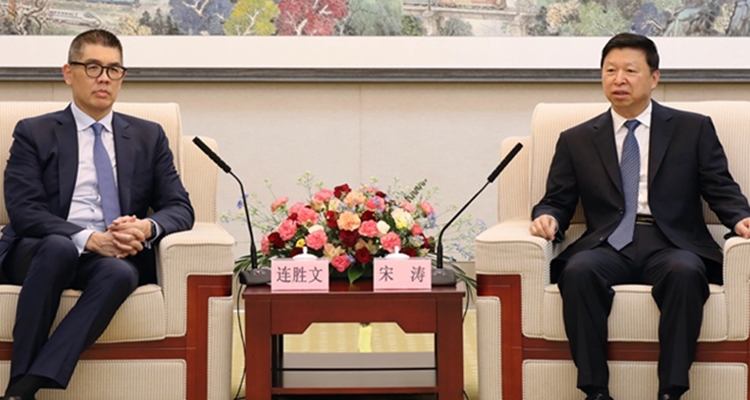
Why do members of the formerly anti–Chinese Communist Party Kuomintang, whose predecessors had fought a civil war with the communists, now often seem eager to please their former enemies and hostile to those who stand up to them?
KMT politicians have other reasons for blasting the Democratic Progress Party, some of whose domestic policies are at least highly debatable. But the KMT also chastises the ruling party for doing too little to appease the People’s Republic of China, the chronic aggressor against the Republic of China—even though such appeasement would only hasten the day that the ROC loses its political independence and the Taiwanese become subjugated to a totalitarian dictatorship.
Ideological shift
Writing for the Taipei Times, Liu Che-ting tries to explain an “ideological shift over the past two decades from being anticommunist to procommunist while acting as if nothing had changed…. Instead [of debate], there is only silence” (“The KMT has lost its identity as anti-CCP,” April 27, 2025).
Liu regards a recent meeting (shown above) between vice chairman of the KMT, Sean Lien, and the director of China’s Taiwan Affairs Office, Song Tao, as emblematic of this loss of identity. The KMT leader did not repudiate Song’s call for “reunification” in this public pronouncement: “We need to promote peaceful development of cross-Strait relations, advance the great cause of national reunification, and work for the well-being of compatriots on both sides of the Straits and the rejuvenation of the Chinese nation.”
Maybe the radar doesn’t bleep when you hear about “development of cross-Strait relations,” but it should it should when a CCP honcho starts talking about “national reunification” and “compatriots.”
Liu considers several aspects of what has been happening over the past two decades. The lack of debate within the Kuomintang is attributable to the “limited tolerance for internal dissent” natural to an organization “that grew under an authoritarian regime.” The power structure is such that to oppose “procommunist behavior” would be tantamount to jeopardizing one’s political future.
“Linguistic anesthesia”
Another aspect is the KMT’s anesthetic language about “peace” and “pragmatism,” used to disguise the nature of its moves to appease the CCP.
And:
At a deeper level is the KMT’s misunderstanding of its own failure. After losing power in 2000, it failed to reflect on the weight of its past authoritarianism and the growing distance between itself and the public, instead attributing its loss to “too strong an anti-China stance.” This led the KMT to embrace China as a means of survival.
Finally, there is the Chinese Communist Party’s long-term plan for the KMT. It has used soft-power tactics to coax, pacify and envelop the party. The KMT was not forced to align itself with the CCP—it gradually adapted, eventually coming to enjoy the validation.
What it all adds up to, says Liu, is a combination of betrayal and amnesia.

